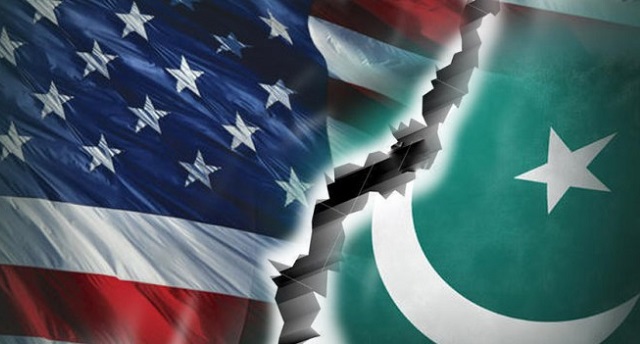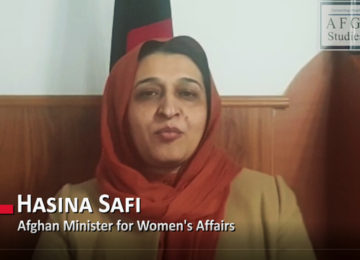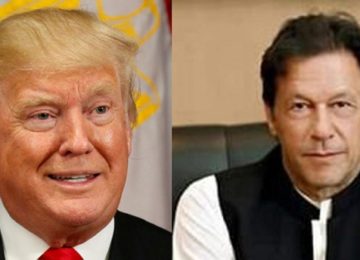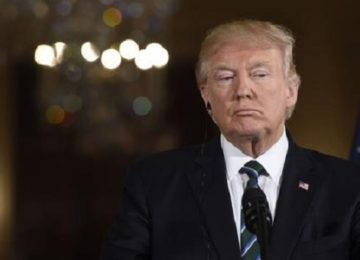This quarter, US Department of Defense (DOD) instructed SIGAR (Special Instructor General for Afghanistan Reconstruction) not to release to the public data on the number of districts, and the population living in them, controlled or influenced by the Afghan government or by the insurgents, or contested by both. This was the first time SIGAR has been specifically instructed not to release information marked “unclassified” to the American taxpayer. The number of districts controlled or influenced by the Afghan government had been one of the last remaining publicly available indicators for members of Congress—many of whose staff do not have access to the classified annexes to SIGAR reports—and for the American public of how the 16-year-long U.S. effort to secure Afghanistan is faring. However, after strong backlash, the Pentagon later released the figures calling the whole episode a ‘human error’.
Key findings of the report showed that from January 1 through November 26, 2017, 11 US military personnel were killed in Afghanistan, while 99 were wounded. This was double the personnel killed in action compared to the same periods in 2015 and 2016. While, Resolute Support reported 4,474 Afghan civilian casualties from June 1 to November 27, 2017—a 13% increase compared to the same period last year, partly due to a significant uptick in U.S. air strikes and special operations, with the U.S. dropping 653 munitions in October 2017 alone. This is a record high since 2012 and a more than three-fold increase from October 2016; however, these actions have yet to increase the Afghan government’s control over its population.
Further, for the second consecutive quarter, DOD also classified or otherwise restricted information SIGAR had previously reported including such fundamental metrics of ANDSF performance as casualties, attrition, and most capability assessments. Moreover, for the first time since 2009, Resolute Support classified the exact, assigned (actual) and authorized (goal) force strength and attrition data for the ANDSF as a whole, as well as each force element individually (ANA, ANP, AAF, etc.).
On the issue of combating the rise of narcotics, the report showed that despite $8.7 billion American taxpayer dollars spent on counter narcotics efforts in Afghanistan, opium production and total area under opium cultivation reached an all-time this quarter, up 87% and 63% respectively from the previous year. The total area under opium cultivation in Afghanistan this quarter approached the area of Rhode Island. Further, the report mentioned a survey where half of the respondents believed that reconciliation with the Taliban was possible. This is an interesting development in the light of US President Trump’s recent decision to reject talks with the Taliban, in response to which a former Taliban member stated that doing so will only trigger more terrorist attacks in Afghanistan leading to an increase in human and financial losses of American troops as well as further aggravating the Afghan war.
America’s Wish List for Pakistan
Interestingly, amidst Pentagon’s dubious censoring of crucial data on the war in Afghanistan, a Pakistani Barrister based and practicing in London revealed telling insights on US policy towards Pakistan. Speaking to CRSS, Barrister Iftikhar Ahmed, who had a two-hour encounter with Ambassador Alice Wells, US Assistant Secretary of State for South/Central Asia, at the International Institute for Strategic Studies (IISS), London, on the issue of Pakistan and US relations, summarized the demands Ambassador Wells stated the US had from Pakistan as a pre-requisite for complete normalization of their bilateral relations as the following: According to Barrister Iftikhar, Ambassador Well’s entire wish list of the US seemed to be from the prism of India’s interests and appeared as under:
1) Americans want that Pakistan should NOT seal border with Afghanistan—as it doesn’t suit India.
2) Americans want Pakistan to destroy Haqqani network—as it’s desired by India, the inglorious US strategic partner.
3) America wants Pakistan to roll back CPEC—as India doesn’t like it.
4) Pakistan should call back 29 dodgy NGOs that were expelled recently—because they’re spying for R&A Wing and CIA.
5) Pakistan should eliminate Hafez Saeed and the humanitarian organisations he is associated with—as Indian terrorists feel scared by him.
6) Pakistan should restore anti-Pakistan radio/social media networks—because they work for CIA & R&A Wing.
7) Pakistan should carry on hosting 3 million Afghan refugees—as they are a liability on Islamabad’s limited resources, but a valuable asset for Americans and Indians providing ready-to-use terrorists against Pakistan.
8) Pakistan should demonstrate a pro-US/India strategic shift.
9) Pakistan should facilitate the ‘Bush Doctrine’ of American pre-emptive wars in the region.
10) Pakistan should respect/embrace the Indian role in Afghanistan—because India has invested $2 billion there.
Ambassador Wells’ discourse built on US’ ten ludicrous demands from Pakistan through the prism of India raised objections among the half dozen British and American independent security practitioners and political commentators present at the conference, including Pakistan DA Colonel Nadeem and Air Commodore Adil Sultan, who openly supported Pakistan’ serious concerns about US policy towards Pakistan. Though, at the same time, some RAW/CIA-paid/trained Afghan diplomats began spitting venom against Pakistan. Barrister Iftikhar underscored to Ambassador Wells that until the US administration would not stop pursuing Nikki Haley’s pro-India diplomatic credo and Narenda Modi’s anti-Pakistan political narrative, Pakistan and US relations would continue to be plagued by mutual mistrust and inveterate suspicion.
How Pakistan Needs to Respond
In response, Barrister Iftikhar told CRSS, Pakistan needs to carry on dealing with Americans by proactively pursuing Pakistan’s national interests, demonstrating ‘no love, no hate’ precept. Pakistan should continue and complete its border fencing with Afghanistan, along with conducting tight aerial/ground surveillance. It should strengthen the 19, 23, and 12 divisions to deal with any Indian militarism on Wagah Border and Line of Control and also carry out Kulbushan Jadev’s death sentence.
Furthermore, he stated Pakistan should take Iran into confidence on Afghanistan and bolster border control with Tehran and be fully prepared to tackle the Daesh/ISIS threat from Afghanistan. Americans, Indians and Israelis are training tens of thousands of Daesh terrorists to use them against Pakistan through permeable Pak-Afghan border. Barrister Iftikhar stated that there is a need to create a large epistemic community to deal with the traditional US-India rhetoric against Pakistan. Furthermore, there is a need to also ensure Pakistani diplomats/academics/politicians and intellectuals attend every talk/seminar/conference addressed by Indians, Afghans and Americans. Barrister Iftikhar further expressed that he felt it was not easy to trust Afghans, particularly, their NDS, army, foreign office and politicians, most of who seem to be working with India and US against Pakistan.
Moreover, Pakistan should proactively enhance diplomatic activities with Russia, China, Turkey, Iran and Central Asia, on regional insecurity triggered by Afghan back-stabbing. Pakistan should create in Pakistan Foreign Office a post of specialised Minister of State for the region—covering China, Russia, Turkey, Iran and Central Asia.
In the light of Barrister Iftikhar’s observations, it is clear that US’ unrealistic demands from Pakistan vis-e-vis Afghanistan and also otherwise in their bilateral relations, along with the rise in attacks in Afghanistan and Trump’s recent announcement to refuse holding any talks with Afghan Taliban, revolve around US’ wishes to extend its presence in Afghanistan to target CPEC and keep a check on other regional powers. Several analysts have also indicated that behind the scenes lie some powerful circles that wish to keep Afghanistan burning to justify US forces’ presence there, most likely, for the purpose of sabotaging CPEC, countering the increasing Russian influence in the region and keeping a check on Iran through an unstable Afghan government and thriving terrorist organizations, such as Taliban and Daesh.
© Center for Research and Security Studies (CRSS) and Afghan Studies Center (ASC), Islamabad.








